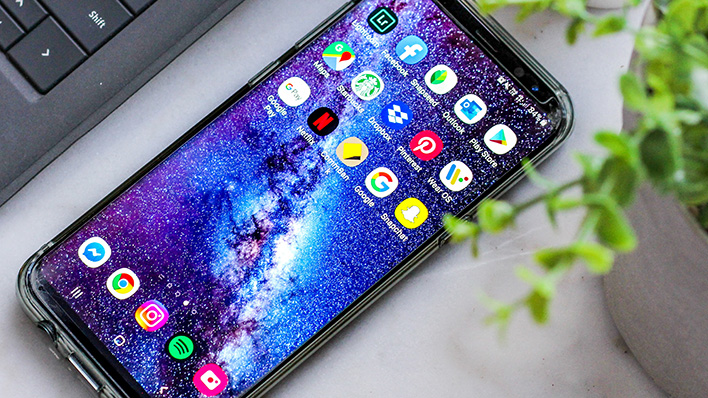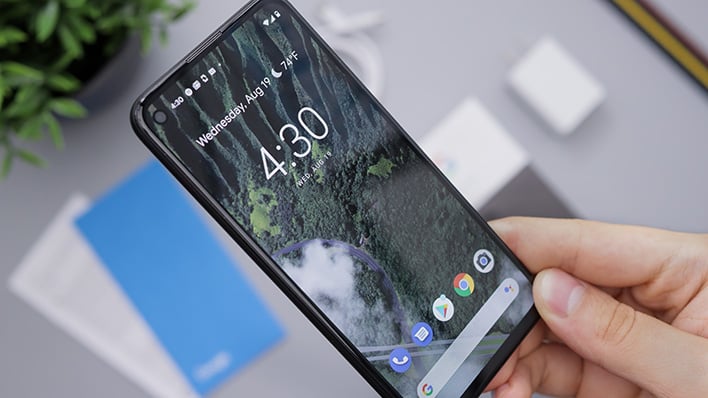Google And Samsung Team Up To Tackle RAM Issue On Galaxy Devices In Android 14

Have you ever received a delayed social media notification that you really wish you got earlier, but it only appeared when you opened your texting app or social media app? Well, Google and Samsung are aiming to fix that issue for good. Starting with Android 14 and OneUI 6.0, Google is improving how foreground services work by streamlining the entire Android ecosystem. It is creating a new policy system that will make sure application foreground services work as intended across all Android devices.
“To strengthen the Android platform, our collaboration with Google has resulted in a unified policy that we expect will create a more consistent and reliable user experience for Galaxy users. Since One UI 6.0, foreground services of apps targeting Android 14 will be guaranteed to work as intended so long as they are developed according to Android's new foreground service API policy,” says Samsung.

This is a very important feature for Android and is something that the community has been asking Google to implement. Streamlining all Android devices to this new policy system should reduce development time for service-focused applications. This is especially true for applications that are designed to run on different Android devices (i.e., Tablets, TVs, phones, and cars), since developers don't have to optimize apps services for multiple devices. It will also improve the overall reliability of Android applications that utilize foreground services. This should allow apps to run the way they were intended, with less glitching.
Of course, we will have to see how this new policy system plays out in the wild, but expect fewer notification delays, connectivity issues, GPS issues, and audio glitches once your device is updated with Android 14.

